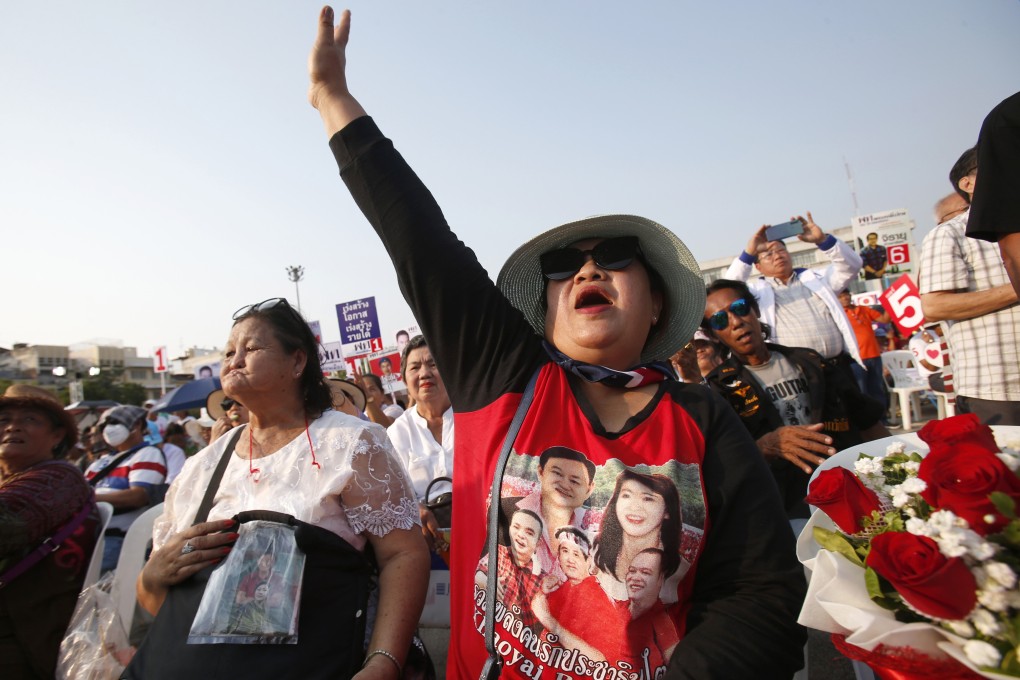Thailand delays rice bill due to farmers’ objections. Will it open the door for the Shinawatras?
- March 24 elections will be the first since 2011, heralding a return to democracy after a military junta took power in 2014
- Support in Thailand’s rural northeast was central to Shinawatras’ electoral success, relying heavily on subsidies to rice farmers

The proposed rice bill would have established a board controlled by the government to oversee the industry, granting the state sole authority to license certain strains of rice seeds for sale.
“It has been a miscalculation of the timing and the political consequences,” said Thanapan Laiprakobsup, a researcher on rice policies in Thailand at Chulalongkorn University, who noted farmers, millers and exporters found rare common cause in opposing the bill.
“[The military junta] didn’t think there would be such a big opposition … but this time all the stakeholders [except the big corporations] agreed in opposing. The rice industry wants assistance but not direct intervention.”
However, the junta has its own proxy, the Phalang Pracharat Party, which has nominated Prime Minister Prayuth Chan-ocha, the now-retired general who led the 2014 coup, to retain the top job. The opposition to the rice bill could hurt his chances, though, Thanapan said.